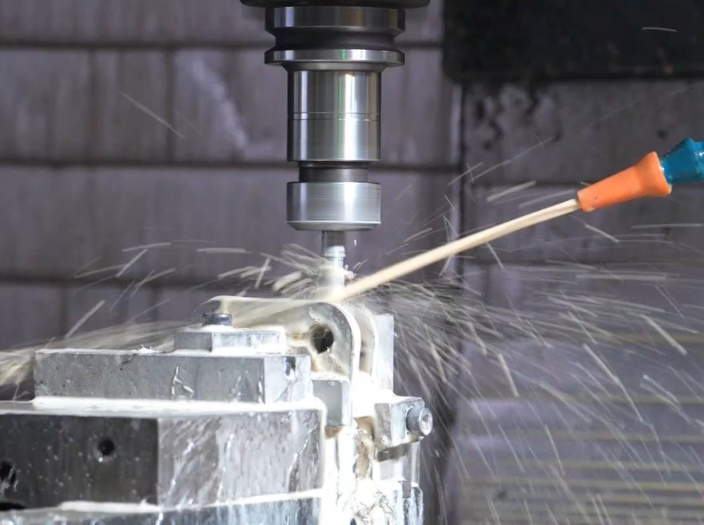
Polishing stands as a pivotal surface treatment in CNC machining, exerting a profound influence on the performance, appearance, and functionality of machined parts. Its versatility makes it indispensable across a wide range of industries, where it elevates the quality and practicality of countless products.
In the aerospace sector, CNC machined parts such as engine components, structural elements, and aerospace fasteners demand exceptional precision and dependability. Polishing effectively reduces the surface roughness of these parts, minimizing friction and wear between interacting components during operation. This not only enhances the efficiency and longevity of the engine but also guarantees the safety and stability of the aircraft. For example, polished turbine blades can better endure the extreme high-temperature and high-pressure conditions within the engine, significantly lowering the risk of failure.
The automotive industry heavily relies on polished CNC machined parts. Engine components like crankshafts, camshafts, and connecting rods undergo polishing to achieve a superior surface finish. A smooth surface reduces oil consumption and enhances the engine's sealing performance, thereby improving fuel efficiency. Moreover, polished exterior parts such as door handles, trim, and wheels enhance the visual appeal of automobiles, making them more appealing to consumers.
Precision is paramount in the medical device industry. CNC machined parts used in medical equipment, including surgical instruments, implantable devices, and diagnostic equipment components, must adhere to rigorous hygiene and biocompatibility standards. Polishing eliminates burrs and surface irregularities, preventing the accumulation of bacteria and ensuring seamless interaction with the human body. For instance, polished artificial joints feature an optimal surface finish, reducing the chance of inflammation and facilitating better patient recovery.
The electronics industry reaps significant benefits from polishing in CNC machining. Components such as connectors, heat sinks, and precision gears in electronic devices require a smooth surface to ensure proper electrical conductivity and heat dissipation. Polished connectors minimize contact resistance, ensuring stable signal transmission. Heat sinks with a polished surface can dissipate heat more efficiently, preventing electronic devices from overheating and maintaining their performance.
In the mold and die industry, CNC machined molds and dies are polished to attain a high-quality surface finish for the products they manufacture. A smooth mold surface ensures that injected or stamped parts have a precise shape and a flawless appearance, reducing the need for post-processing. This is especially crucial in industries like plastic injection molding and metal stamping, where the quality of the mold directly impacts the quality of the final product.
In conclusion, polishing is a vital surface treatment in CNC machining, with extensive applications in aerospace, automotive, medical, electronics, and mold industries. It not only improves the performance and durability of machined parts but also enhances their aesthetic value, making it an essential process in modern manufacturing.